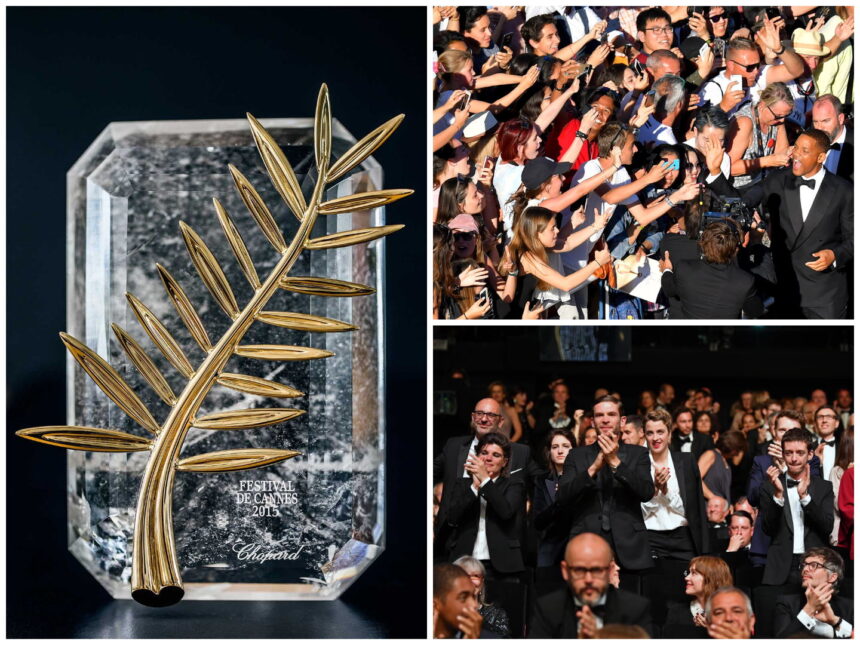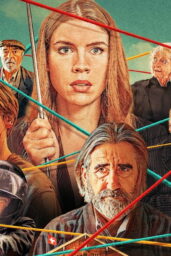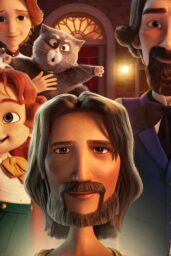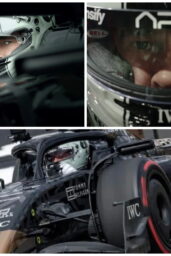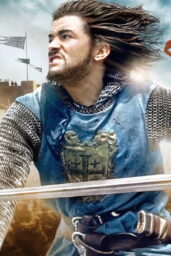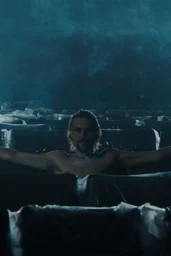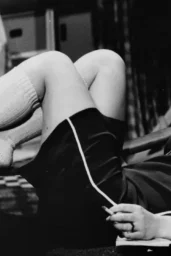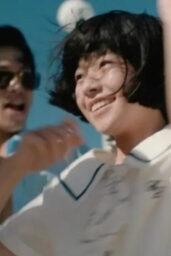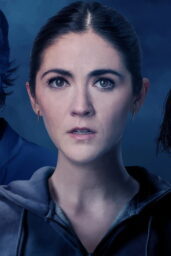Imagine Booing a Masterpiece: Cannes Film Festival Booed Movies
The Cannes Film Festival has long been a temple of global cinema, where auteurs meet acclaim—or are exiled in a chorus of jeers. You'd think standing ovations are the barometer of greatness here. And sure, they do matter—people time applause like it's an Olympic sport. But there's another Cannes tradition: the boo.
Yes, booing at Cannes isn't just a one-off quirk. It's practically institutional. And oddly enough, it's some of the greatest films of the last 50 years that have suffered the harshest backlash on the Croisette. These weren't bad films. Quite the opposite—they were just ahead of their time.
So, what makes Cannes such a brutal battlefield for filmmakers? Is it the elite crowd? The unforgiving critics? Or is it the festival's role as a cultural pressure cooker that pushes reactions into hyperdrive?
Either way, it's clear: if you're getting booed at Cannes, you might just be onto something.
10 Cannes Film Festival Booed Movies That Proved Everyone Wrong
Let's walk through ten extraordinary examples—films that were booed, belittled, and even laughed off stage, only to rise from the ashes as cultural landmarks.
The Neon Demon (2016)
Director: Nicolas Winding Refn
Initial Reaction: Booed, shouted at, mass walkouts
Current Status: Cult surrealist classic
This blood-soaked, neon-lit fever dream about the fashion world had Cannes audiences storming out like it was radioactive. “There's less to it than meets the eyeball,” sneered Variety. Ironically, that's what made it unforgettable. Visually arresting and thematically daring, The Neon Demon now thrives on streaming platforms and late-night retrospectives.
Dancer in the Dark (2000)
Director: Lars von Trier
Initial Reaction: Loud boos despite winning the Palme d'Or
Current Status: Avant-garde musical masterpiece
Imagine booing Björk. Go on—try. Cannes did just that when this tragic musical premiered. Sure, it's emotionally devastating and stylistically divisive, but those elements are also why it's considered von Trier's finest. The irony? It won the Palme d'Or in spite of the backlash.
Okja (2017)
Director: Bong Joon-ho
Initial Reaction: Booed for being a Netflix film
Current Status: Fan-favorite, animal-rights statement piece
The boos weren't for the movie. They were for the Netflix logo. Yep, before the movie even started. Later, a glitch in projection led to a second round of boos. Yet by the time Okja ended, it got a four-minute standing ovation. Critics now see it as a clever blend of commercial accessibility and subversive storytelling.
Marie Antoinette (2006)
Director: Sofia Coppola
Initial Reaction: Dismissed and booed
Current Status: Feminist icon re-evaluation
This bubblegum-pink retelling of France's most controversial queen shocked Cannes traditionalists. They wanted powdered wigs and court drama. They got New Order and macarons. Today, it's hailed as a radical reimagination of female agency and aesthetic storytelling.
Wild at Heart (1990)
Director: David Lynch
Initial Reaction: Booed for excess violence
Current Status: Palme d'Or-winning cult classic
This wasn't Lynch's first Cannes rodeo. But even so, the audience flinched at his over-the-top surrealist take on love and Americana. Yet the jury, led by Bernardo Bertolucci, gave it the Palme. Years later, it's considered a defining moment in Lynch's oeuvre.
Taxi Driver (1976)
Director: Martin Scorsese
Initial Reaction: Booed for nihilism
Current Status: Legendary Palme d'Or winner
It's almost comedic now—Taxi Driver, booed. Scorsese's unflinching descent into urban decay shook viewers. Some called it “too violent” and “too hopeless.” Now? It's one of the greatest American films ever made.
The Tree of Life (2011)
Director: Terrence Malick
Initial Reaction: Booed and given a standing ovation
Current Status: Philosophical epic loved by cinephiles
Few films divide like Malick's existential odyssey. When it premiered, boos and bravos competed in the same breath. But over time, its meditative beauty has earned it a permanent seat in the arthouse pantheon.
L'Avventura (1960)
Director: Michelangelo Antonioni
Initial Reaction: Riot-level booing
Current Status: Pivotal modernist classic
Cannes booed it so violently that Antonioni fled the theater. Ironically, that only added to the legend. Critics soon called it a milestone in modern cinema. Today, it's studied in every serious film school.
Crash (1996)
Director: David Cronenberg
Initial Reaction: Booed for being sexually deviant
Current Status: Provocative and essential cinema
This isn't the Oscar-winner about race. This is the other Crash—the one where people get off on car wrecks. Crash was too much for polite society at Cannes. It's now revered for pushing boundaries of what cinema can explore.
Twin Peaks: Fire Walk With Me (1992)
Director: David Lynch
Initial Reaction: Booed, misunderstood
Current Status: Vital piece of the Twin Peaks mythos
Lynch again. Audiences didn't know what to make of this Twin Peaks prequel. Critics were even harsher. But years later, it's become essential viewing—especially for fans of the revival series and anyone studying Lynch's layered storytelling.
Why Does Cannes Boo So Many Great Films?
Short answer: because it dares to screen the daring.
Cannes is less a reflection of mainstream taste and more a lightning rod for film evolution. What seems strange today might be normal tomorrow. This festival births the bold, but it doesn't always hug them right away.
Cannes Film Festival Booed Movies: A Final Word
Getting booed at Cannes is, paradoxically, a badge of honor. If you're booed, you stirred something. You challenged, confused, or provoked an audience used to being courted. And sometimes, that's the whole point of art.
So the next time a film walks away from Cannes bruised and battered, keep an eye on it. It just might be your next favorite movie.
FAQs
Why do audiences boo films at Cannes?
Because it's part of the festival's tradition of passionate, unfiltered reactions—good or bad.
Have any booed films won awards later?
Yes! Films like Taxi Driver, Wild at Heart, and Dancer in the Dark all won the Palme d'Or despite initial boos.
Is booing common at other film festivals?
Not really. Cannes is unique in its willingness to vocally react—positively or negatively.
Does booing hurt a film's success?
Not necessarily. Many booed films at Cannes go on to critical and commercial success.
Do critics take Cannes boos seriously?
Sometimes. But often, critics reassess films once the emotional intensity of the premiere dies down.
Is getting booed a sign of failure?
Not at Cannes. If anything, it might be the first sign of future greatness.

